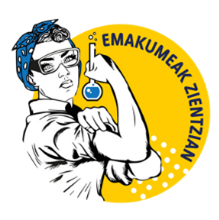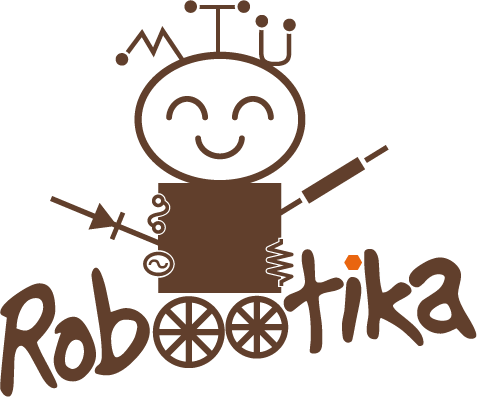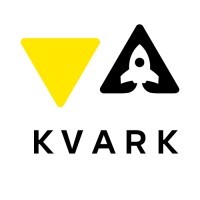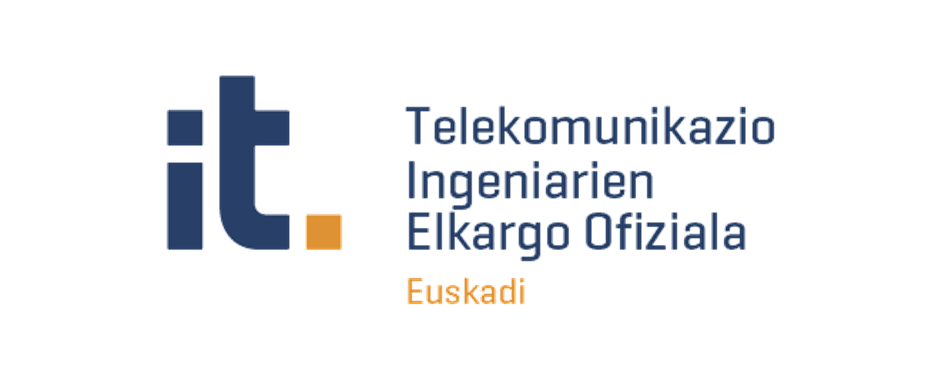Emakumeak Zientzian
Emakumeak Zientzian is a project focused on increasing gender equality in STEM through a range of activities, with a strong focus on STEAM. The programme was created by POLYMAT (Basque Center for Macromolecular Design and Engineering) and is supported by 17 organisations in all education levels from the STEM ecosystem in the Basque Country (Spain).
Emakumeak zientzian is a project promoted by POLYMAT (Basque Center for Macromolecular Design and Engineering) which was set up in 2017 in order to inspire science, technology and engineering vocations among girls and female adolescents, as well as to contributing to combat the gender stereotypes associated with research jobs. The project was launched on February 11 - the International Day of Women and Girls in Science – as a purely promotional activity. However, over time it has become a programme of STEAM activities aimed at different segments of the population and run by Polymat and a further 17 entities from the Basque scientific and technology ecosystem.
Currently the programme involves over 25 activities which are implemented annually. The majority of these activities are directly focused on inspiring science, technology and engineering vocations in girls and female adolescents and for them to aspire to careers in those areas, as well as to contributing to combatting gender stereotypes.
Emakumeak Zientzian’s accolades include:
- Gender perspective mention by STEAM EUSKADI.
- First place in the STEAM EUSKADI Awards.
The main objective of this initiative is to address the problem of gender inequality in the STEM field by introducing the gender perspective throughout the activities programme. In addition, the programme implements two specific STEAM education objectives:
- Inspire professional careers and vocations in STEM
- Improve students’ mathematic and scientific skills

Impact is measured primarily through impact surveys among participants. These indicate that the programme is effective in raising interest in STEM subjects among participants.
The programme's reach is measured as:
- Direct ivolvement of 17 science and technology partner entities that range from basic to applied research (Polymat, CIC nanoGUNE, CFM, DIPC, CIC biomaGUNE, Tecnun, CEIT, Biodonostia Health Research Institute, Elhuyar, Euskal Zientzia Museoa, Gipukoa Institute of Industrial Engineers, Technology Parks of the Basque Country, Lortek, BCBL, Gipuzkoa School of Engineering – University of the Basque Country (UPV/EHU), UPV/EHU Computer Science Faculty, UPV/EHU Chemistry Faculty).
- In 2021, 2.410 people directly took part in the programme's activities.
The programme is funded by participating companies, participating universities and the Spanish Government.









